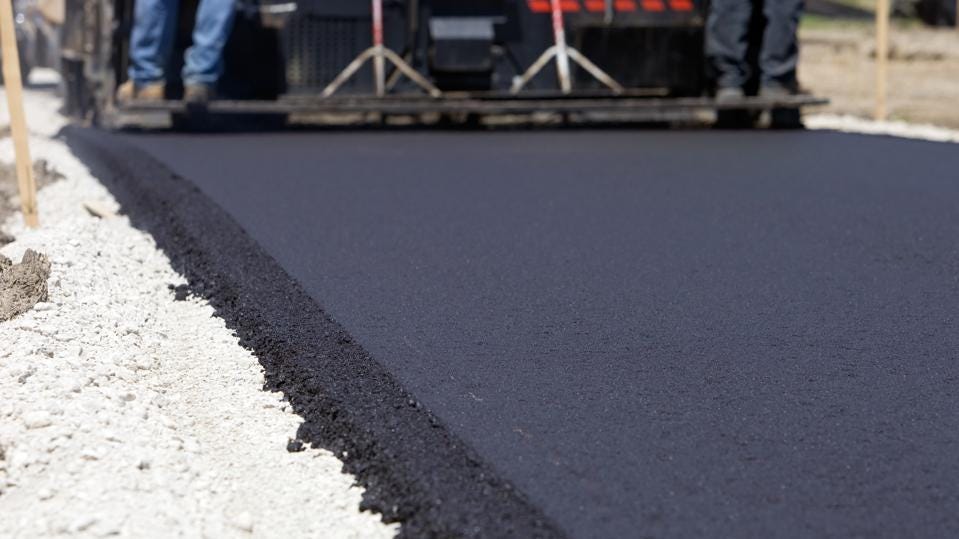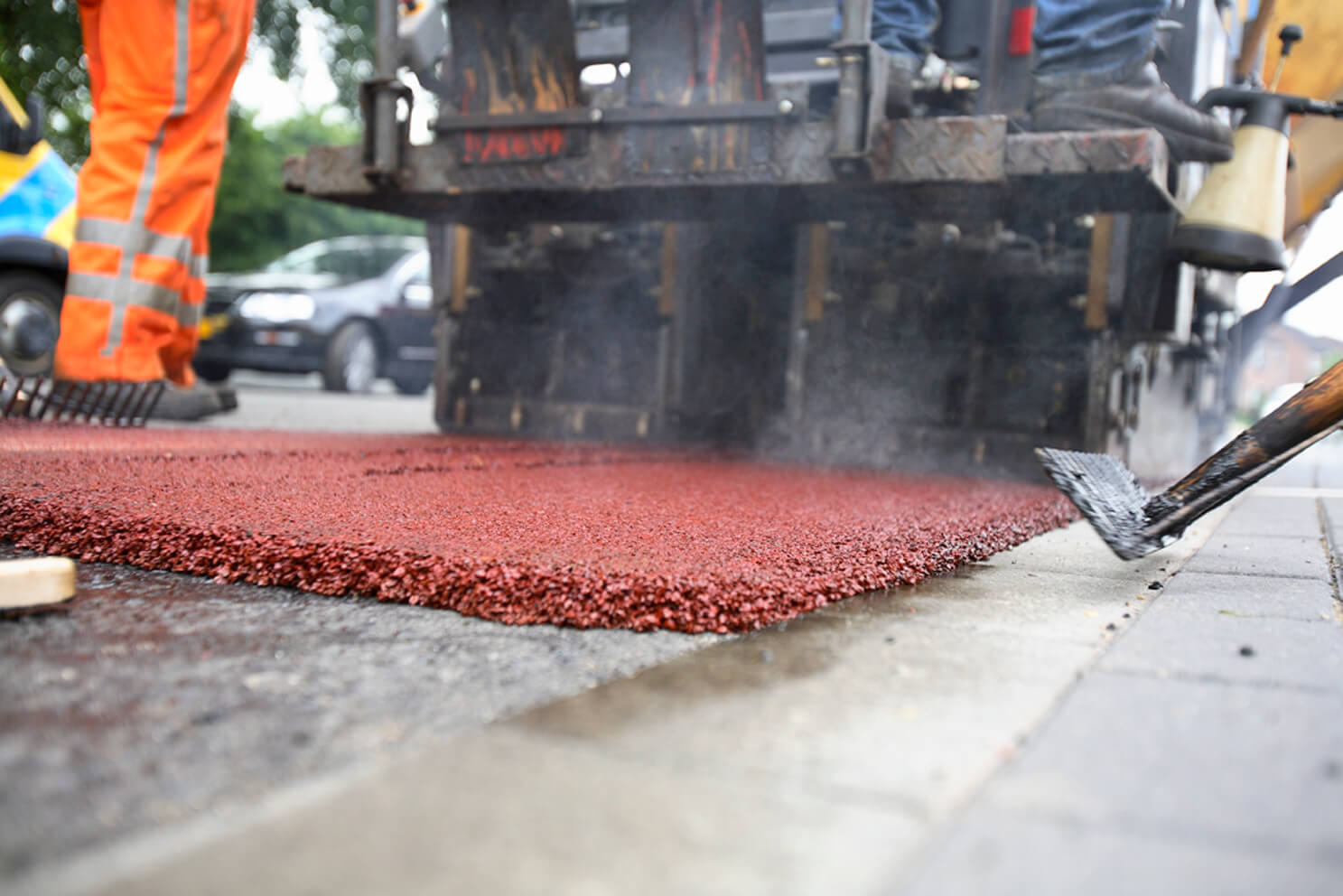Introduction
In the construction industry, especially in road building and maintenance, understanding the materials used can be as crucial as the engineering itself. Terms like “asphalt,” “bitumen,” and “Hot Mix Asphalt” (HMA) are often used interchangeably, but they refer to different components and applications. This comprehensive guide aims to demystify these materials, explain their benefits and uses, and provide valuable insights for construction professionals, civil engineers, and road maintenance companies.
What is Asphalt?

Asphalt is a composite material commonly used for constructing roads, parking lots, pathways, and driveways. It consists primarily of mineral aggregates bound together with bitumen, a sticky, black, and highly viscous liquid or semi-solid form of petroleum. Asphalt is known for its durability, flexibility, and ability to withstand various weather conditions, making it an ideal choice for road surfaces.
Benefits of Asphalt
Durability
One of the most significant benefits of asphalt is its durability. It can withstand heavy loads and frequent traffic without significant wear and tear.
Cost-Effectiveness
Asphalt is relatively inexpensive compared to other paving materials like concrete. Its quick installation process also reduces labor costs.
Easy Maintenance
Asphalt surfaces are easy to maintain. Small cracks and potholes can be quickly repaired with minimal disruption to traffic.
Sustainability
Modern asphalt production processes are environmentally friendly. Recycled asphalt pavement (RAP) is often used, reducing the need for new raw materials.
Colors of Asphalt

While traditional asphalt is black, it can be mixed with various pigments to produce a range of colors. Colored asphalt can be used for decorative purposes or to indicate specific areas like bus lanes, cycle paths, and pedestrian zones.
What is Hot Mix Asphalt(HMA)?
Hot Mix Asphalt (HMA) is a specific type of asphalt that is produced and mixed at high temperatures before being laid. This process allows for better compaction and results in a dense, strong, and smooth road surface.
Benefits of Hot Mix Asphalt (HMA)
Superior Performance
HMA offers superior performance in terms of durability and resistance to harsh weather conditions compared to other types of asphalt.
Quick Setting
HMA sets quickly, allowing for faster project completion and less downtime for road users.
Versatility
HMA is versatile and can be used for various applications, including highways, streets, parking lots, and airport runways.
Asphalt or Bitumen

What is Bitumen?
Bitumen is the binding agent in asphalt. It is a byproduct of the oil refining process and is primarily used as a binder in road construction.
Should I Use Asphalt or Bitumen?
The choice between asphalt and bitumen depends on the specific requirements of your project. While asphalt is a ready-to-use composite material, bitumen on its own is usually mixed with aggregates to create asphalt.
Asphalt vs. Concrete Driveway
Asphalt and concrete are two popular choices for driveways, but asphalt is generally preferred due to its lower cost, easier maintenance, and more flexibility.
GLARE
Asphalt absorbs light, reducing glare, whereas concrete reflects light, which can be uncomfortable for drivers and pedestrians.
COLOR
Asphalt is typically black but can be colored, while concrete is usually gray unless stained or painted.
REPAIRS
Asphalt repairs are generally easier and less expensive than concrete repairs. Asphalt can be patched quickly, while concrete repairs often require more time and specialized equipment.
Speak to the Melbourne Asphalt Experts
Choosing the right material for your project can be challenging. Whether you’re considering asphalt for a new driveway or need advice on maintaining existing surfaces, our Melbourne Asphalt Experts are here to help. Contact us today to discuss your needs and find the best solution for your project.
By understanding the differences between asphalt, bitumen, and Hot Mix Asphalt, you can make more informed decisions and ensure the success of your construction projects. With the right knowledge and expert guidance, you’ll be well-equipped to choose the best materials for your specific needs.

